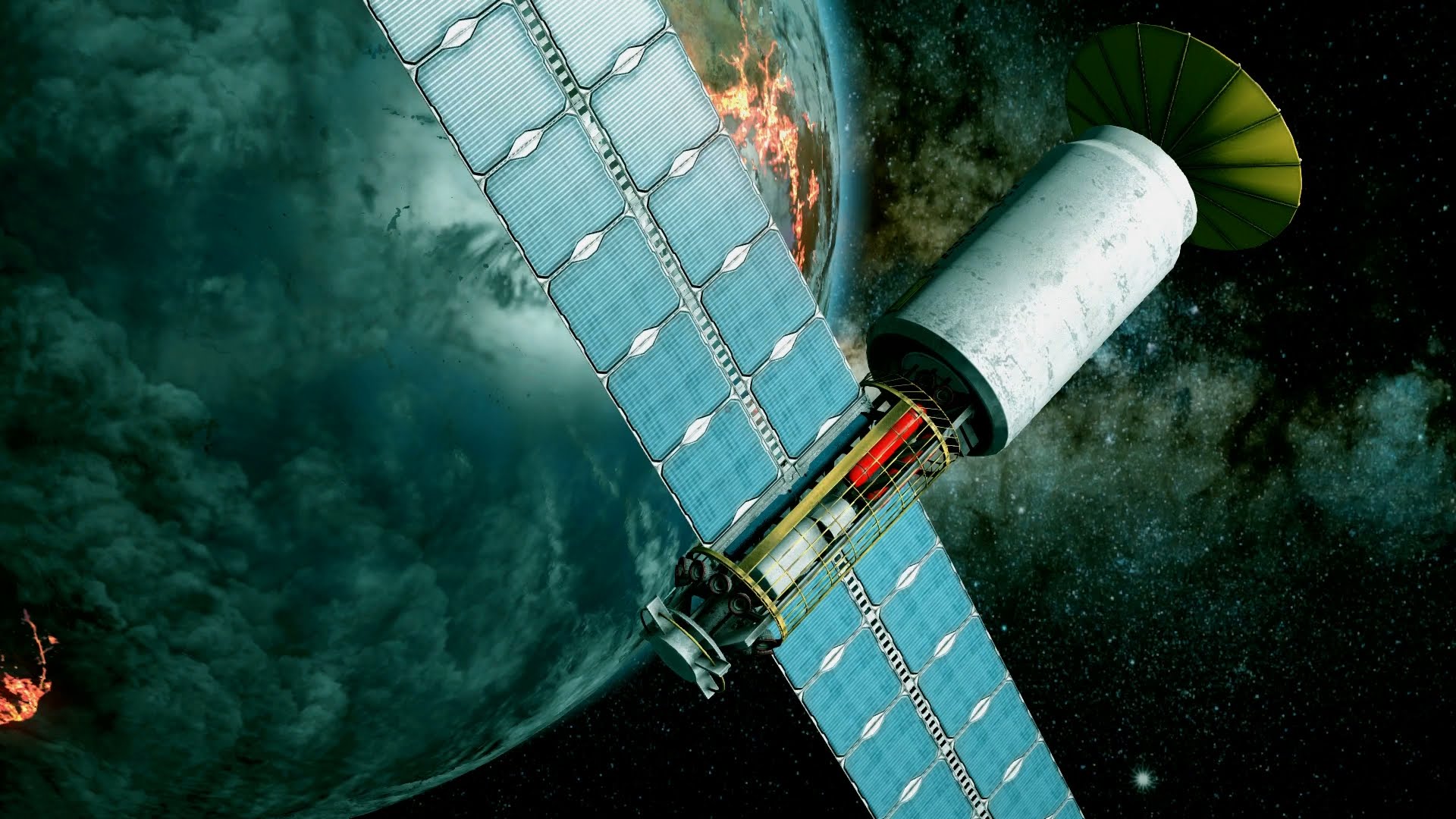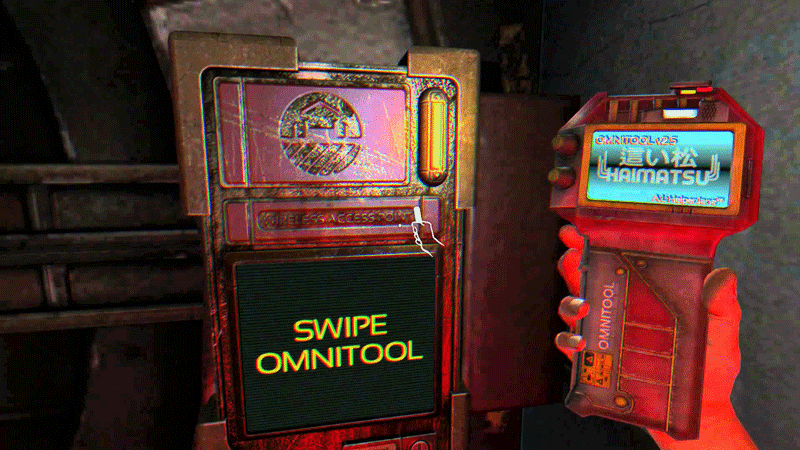Being human post-SOMA
Frictional Games’ latest work really went far beyond my expectations. Why did I like it so much? I loved it because it consistently carried a deep philosophical question throughout the story, from start to finish.

Wow, I just finished SOMA and it’s difficult to put into words how great the game was. I am not a huge fan of horror games in general (unless I play them with friends), but Frictional Games’ latest work really went far beyond my expectations. Why did I like it so much? Not necessarily because of its gameplay, not necessarily because of the game world, and not necessarily because of the visuals and sound. I loved it because it consistently carried a deep philosophical question throughout the story, from start to finish.
I expected everything from a horror game but to question what it means to be (and not to be) human.
Since few years (probably because of the distance from my friends and family) I often think about what would happen if something bad happened to me. I mean, I don’t want to make my second blog post about life and death, but it’s something that deeply affects me, and it’s something that SOMA encouraged me to think about. The premise of the game (no big spoiler, really), is that our consciousness can be digitalized and therefore live on, despite of the state of our physical existence. What if we could really store our minds inside a big-ass hard-drive so that we could keep existing inside a new digital life after “death”? Would it be different? Would we still be humans? Why would that even matter? Why would we want to live on? Would it be weird if my mind was stored in a non-human body? And why would I care about my bodily existence in the first place?

The active way in which the game wants to engage with the player on this philosophical level is something that I don’t think I have ever seen in a game, which makes this piece of work absolutely unique in my opinion. The first person view does wonders in this context, making the player really feel like her mind is in control of the digital avatar and therefore rising another question: aren’t we already living other lives in digital form when we engage in games? Of course it is not remotely as deep as a life in which we have our family and friends, our past and our shaping future, but to some degree we are already capable of stepping inside someone else’s shoes and take active decisions. In SOMA these decision are strongly translated by creating meaning through meaningless choices. When I say meaningless choices I mean that these choices have no real consequence in terms of gameplay (the ending will always be the same) but they do have an important connection to the player’s morals and principles, therefore giving a better sense of ownership to this dark adventure. While not making it the clear focus of the plot, SOMA predictably ends up touching the topic of euthanasia and – once again – the game is skilfully capable to translate all these topics and choices into game mechanics. The storytelling is it is constantly supported by the gameplay, which creates an incredibly consistent experience in all of its parts.
The parts that I liked the least were the most horror-heavy ones (damn you, Theta station!) but I have to say I perfectly understand how the horror elements contributed to the discussion on life, death and after-life. If you can, I would strongly advise you to get SOMA and play it. Despite some scary parts (that can be a bit too stressful from time to time), the game is very unique and I believe is a great example of doing philosophy through game design. This is at least how i feel immediately after enjoying the beautifully touching ending of the game (am I too sensitive if I shed a tear?). I am sure I will remember SOMA (which, by the way, has the best voice-acting I have ever heard in a game) as one of my top gaming experiences for a long long time. Thanks Frictional Games.
